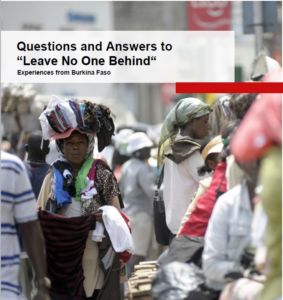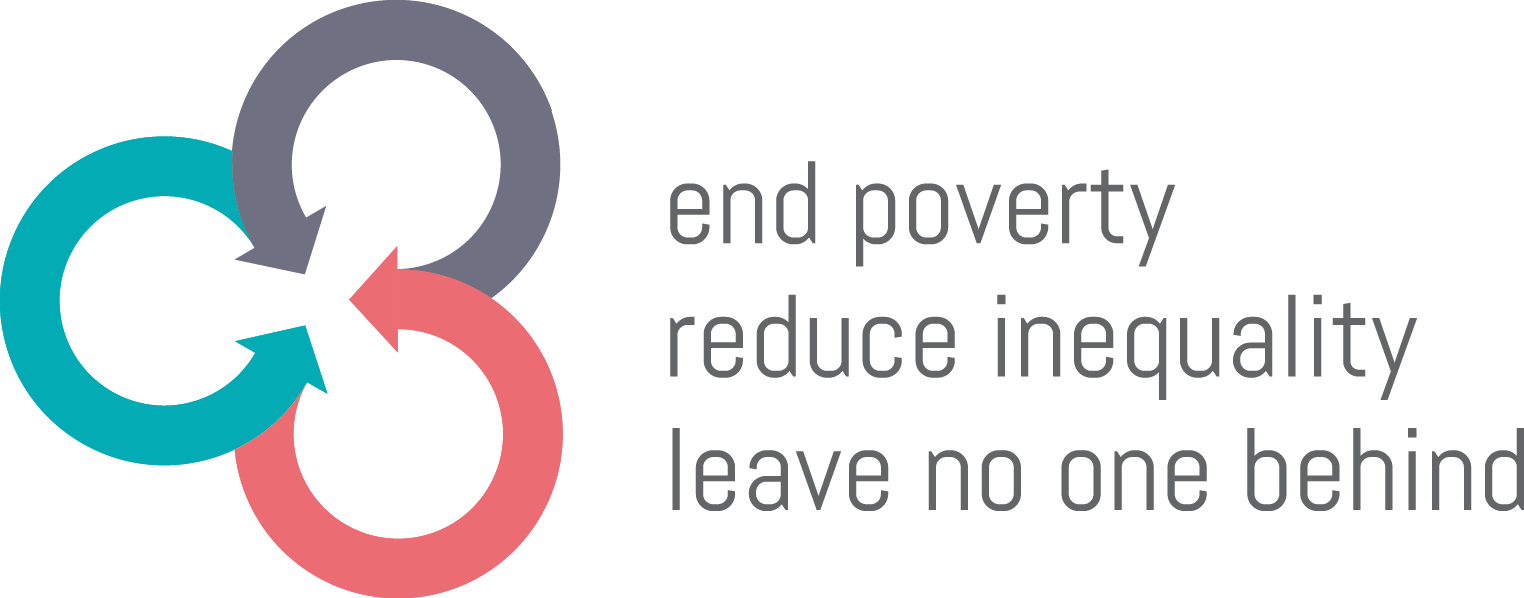New Q&A document presents lessons learned on LNOB implementation
 The “Leave no one behind” (LNOB) principle of the 2030 Agenda represents a shared commitment to ensure that all people are taken along on the road to sustainable development. LNOB increasingly draws attention to the poorest and most vulnerable people. However, its implementation remains unclear and comes with enormous challenges for development cooperation actors and national partners.
The “Leave no one behind” (LNOB) principle of the 2030 Agenda represents a shared commitment to ensure that all people are taken along on the road to sustainable development. LNOB increasingly draws attention to the poorest and most vulnerable people. However, its implementation remains unclear and comes with enormous challenges for development cooperation actors and national partners.
How can those left-behind be identified? And which barriers must be overcome to reach certain target groups? The Q&A document “Questions and Answers to ‘Leave no one behind’ – Experiences from Burkina Faso” analyses potential approaches for integrating LNOB more effectively into ongoing projects and it identifies opportunities for systematically reaching the poorest and most vulnerable groups. Additionally, it aims at making the lessons learned applicable to other contexts.
LNOB goes beyond a pure anti-discrimination agenda and combines the issues of poverty and inequality reduction with the implementation of human rights and inclusion. LNOB aims to strengthen target groups, but it also calls for a change of structural conditions in society as a whole.
Background
Burkina Faso is one of the world’s poorest countries. It ranks 183 out of 189 countries in the United Nations Human Development Index (HDI) 2017. Almost 44% of the population live in extreme poverty, i.e. on less than USD 1.90 a day. Taking into account other aspects such as health, education and living standards, 84% of the population are affected by so-called multidimensional poverty. High population growth – by 2030 the population will increase from around 19 million to 27 million – and challenges linked to increasing state fragility pose further problems to the country.
Questions and Answers to “Leave no one behind” – Experiences from Burkina Faso (PDF)
